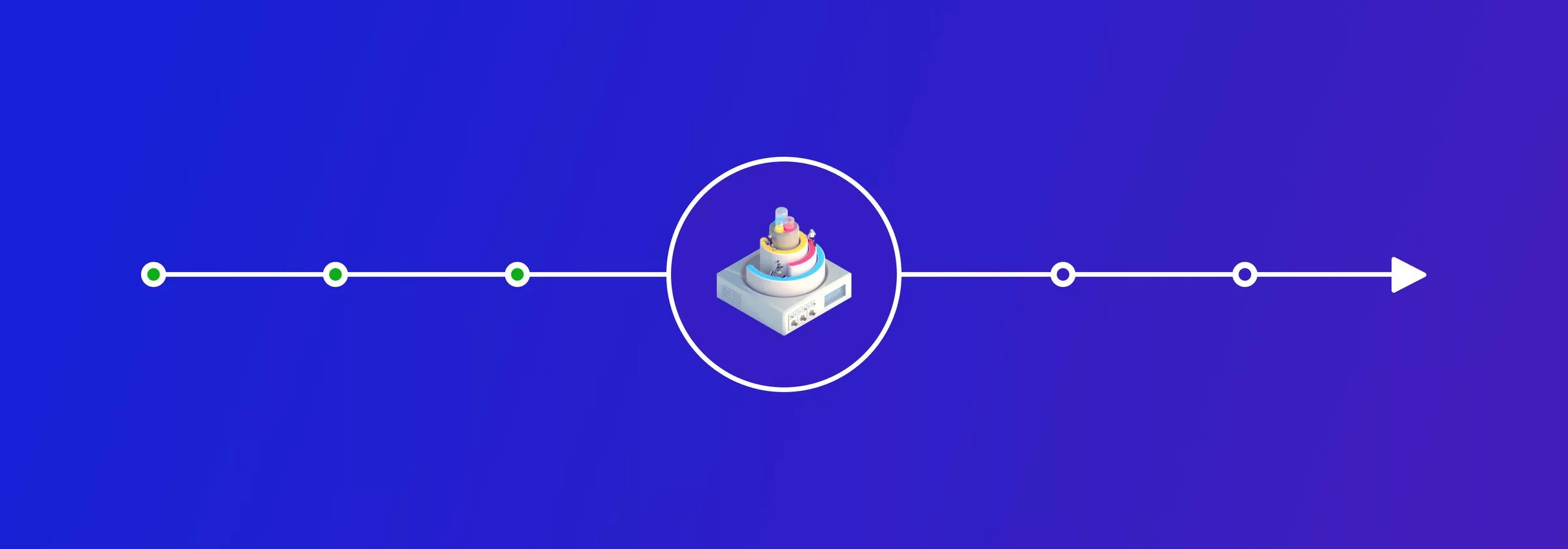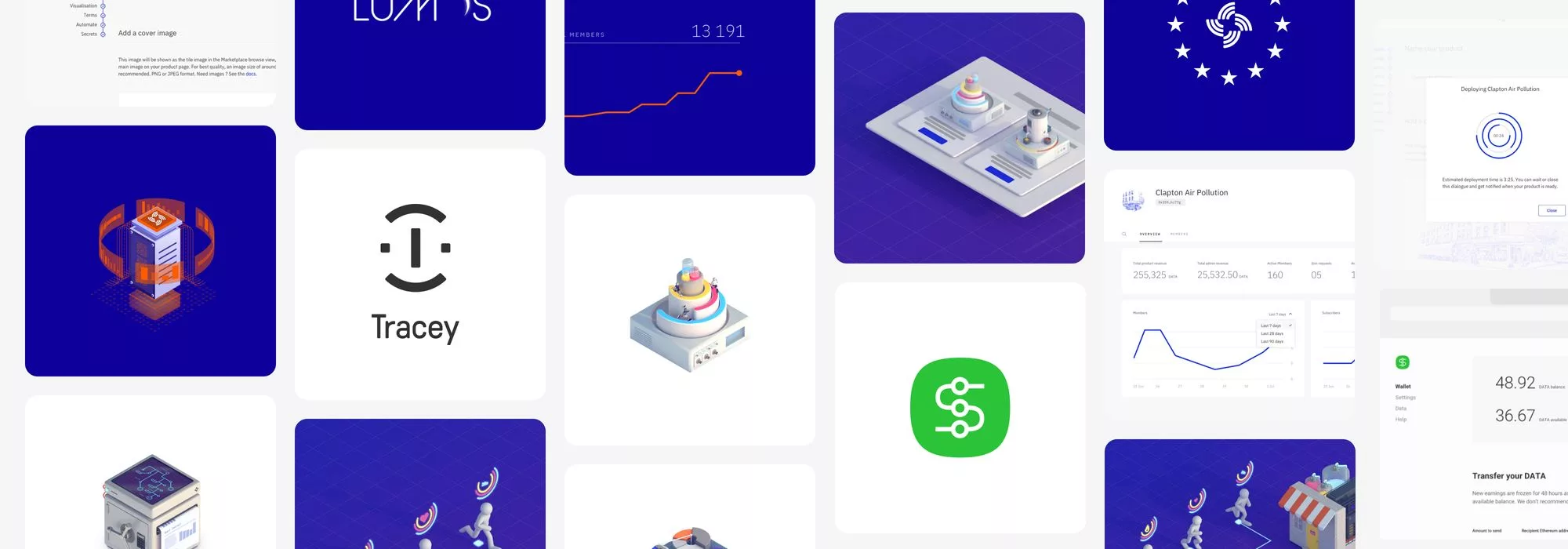The Streamr project decided to join MyData Global in their efforts to move EU data regulation in the right direction. MyData is an NGO, working on transforming the EU’s GDPR from legal into actionable rights. More concretely, this means that they help to empower individual Internet users by improving their right to self-determination regarding their personal data. That’s exactly the goal we have in mind with Data Unions and that’s why we signed the MyData declaration.
The MyData Declaration promotes “moving towards a human-centric vision of personal data.” Below are the three core principles through which this vision is achieved — and these principles mirror the ways that Streamr is working towards this vision too:
- To re-establish “fair relationships between people and organizations”
We think that Data Unions can help people choose which role they want to play in the data economy, by allowing them to gain a fair share of the value of their data.
2. To kick off “proactive actions to share the power of data with individuals”
As yet, there are no tools for individuals to make their rights (such as data portability or property law) actionable. Data Unions are here to change that.
3. “Maximizing the collective benefits of personal data”
By opening up the data economy through Data Unions, we believe that researchers, businesses, governments and individuals alike will all benefit from access to data that has so far been siloed through big players.
Table of Contents
Data Portability is Key
The GDPR’s Article 20 on data portability gives us the legal foundation to port our data from one provider to another. In theory, this would mean the end of data silos. Let’s consider an example to show what the grim reality looks like:
Think of shifting your Apple Music library overnight to Spotify, just because you decided you like Spotify’s UX more. Even though the legal groundwork is in place, this right to port your data is by no means actionable. Upon requesting your data from Apple Music, you will receive a spreadsheet within 30 days, listing your musical preferences. Instead of an automated, seamless process, you would then have to manually transcribe this into your Spotify app. At this stage, data portability has, simply put, failed.
Ending the ‘tyranny of terms and conditions’
Another pain point is the ongoing ‘tyranny of terms and conditions’. As our friends over at Wilsome identified in their research on Data Unions, there is a passivity around the issue, underpinned by a sense of powerlessness. Early adopters tended to say they don’t know how to address the problem of personal data management, or that “it’s too late”, so they aren’t worrying about it. One of the respondents said: “We have no choice — you just have to accept T&Cs and you miss out if you don’t use the apps.”
MyData outlines, in their declaration, how they want to bring an end to the ‘tyranny of terms and conditions’: “Ultimately, we want the terms and conditions for using personal data to become negotiable in a fair way between individuals and organizations”. At Streamr, we want the same thing.
Towards a future of one-click rights
As we’ve seen, without actionable rights, the legal foundations provided by the GDPR are of little use. That’s why MyData pushes for actionable, “one-click rights.” These are rights that are “as simple and efficient to use as today’s and tomorrow’s best online services”.
One way to achieve this, outlined by MyData, is a “Data Using Service”, which they define as a service “authorized to fetch and use personal data from one or more data sources” and a service managed by a personal data operator. Sound familiar? That’s what Streamr is building with Data Unions, a framework that helps people aggregate and crowdsell their data. In that sense, a Data Union is similar to a personal data operator, managed by the Data Union administrator and a set of smart contracts that take care of automating payments to Data Union members.
By creating open data ecosystems, Streamr is building a future where users — not corporations — are in control of data; a future where everyone profits from the knowledge we can all draw from sharing information.
These are the reasons why we believe in the MyData Declaration, and why we signed. Please join us.











